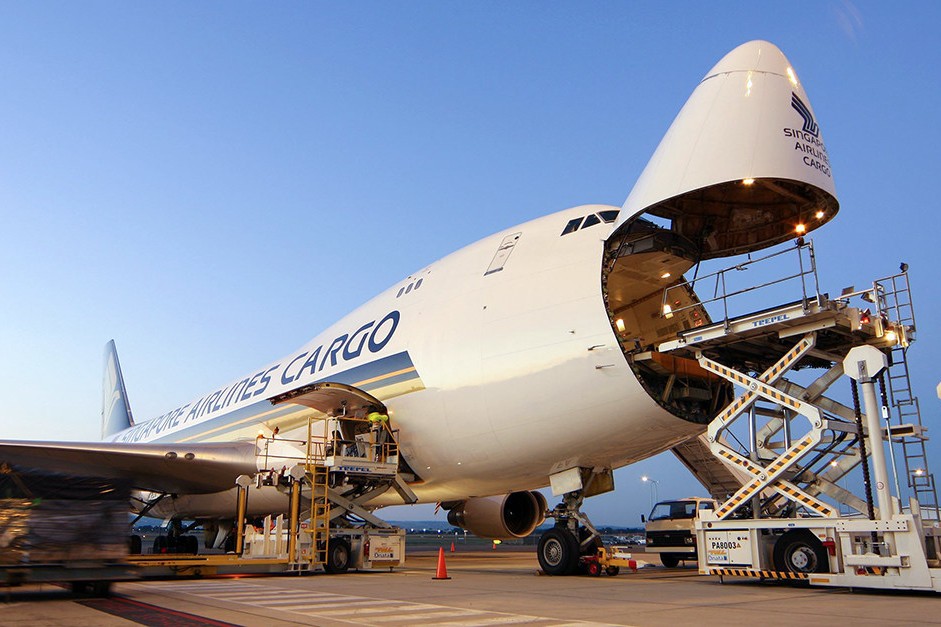Singapore Airlines (SAI) Group saw its cargo revenues decline in the last financial year but is hopeful of improvement for the current year.
The Singapore-headquartered airline group reported a 41.2% fall in cargo revenues for the 2023/24 financial year to S$2.1bn on the back of a 42.2% decline in yields due to the recovery of belly capacity in the market, although yields remained 29.8% above pre-pandemic levels.
The revenue decline came despite the company registering a 1.7% increase in cargo loads due to strong demand in the e-commerce segment. Volume performance improved further in the second half of the year – up 9.7% year on year – as demand for airfreight from Asia was supported by security concerns in the Red Sea resulting in a rise in sea-air demand.
As a result of cargo capacity growing faster than demand, the cargo load factor for the 23/24 FY declined by 2.9 percentage points to 54.5%.
The cargo breakeven load factor was up 16.9 percentage points to 53.3%.
Looking ahead, the SIA Group is positive about the demand outlook for cargo but said yields could face further pressure.
“Cargo demand strengthened towards the end of FY2023/24, on the back of healthy e-commerce demand, resilient and growing segments such as perishables and concerts, as well as a shift to air freight by some shippers due to security concerns in the Red Sea region,” the group said.
“While yields have held above pre-pandemic levels in FY2024/25, there continues to be downward pressure as industry bellyhold capacity increases.
“The Group will monitor key trade lanes to ensure the competitiveness of the cargo segment.
The airline industry continues to face challenges including rising geopolitical tensions, an uncertain macroeconomic climate, supply chain constraints, and high inflation in many parts of the world.”
The airline’s freighter fleet stood at seven Boeing 747-400Fs, although it also operates five Boeing 777Fs in partnership with DHL Express. It also has seven Airbus A350Fs on order.
